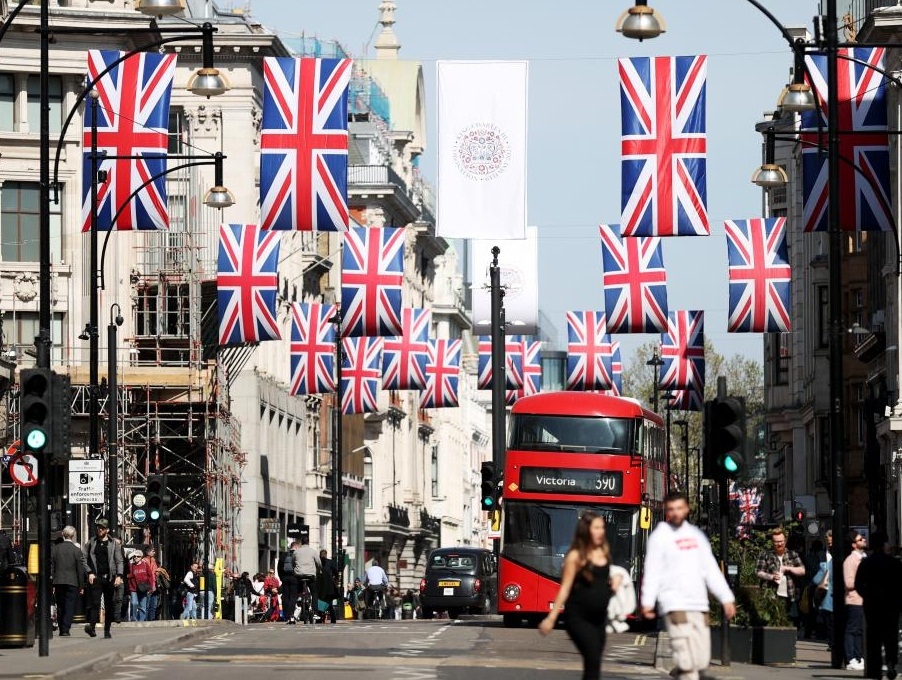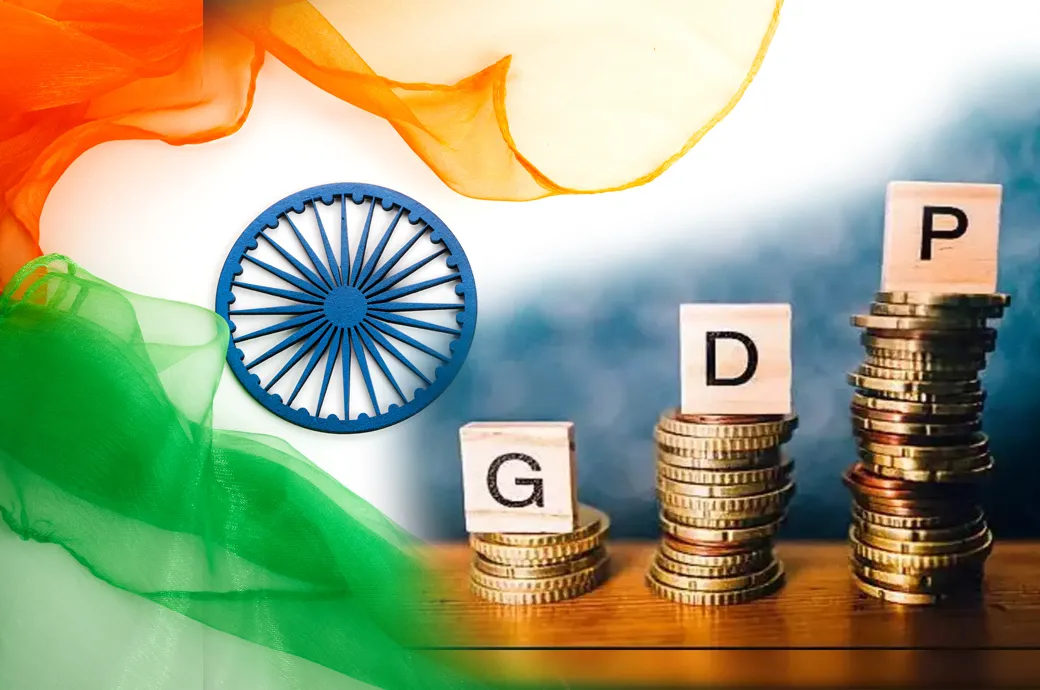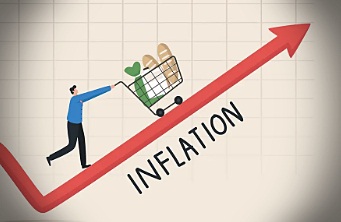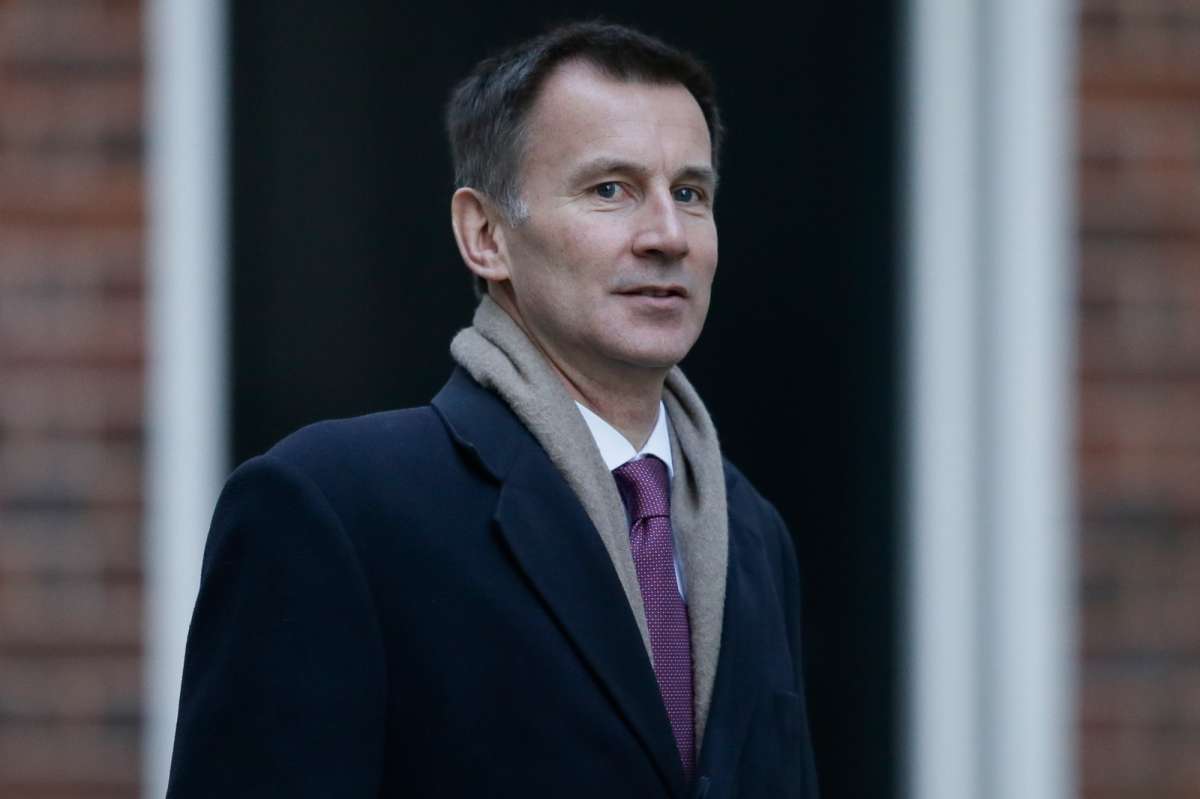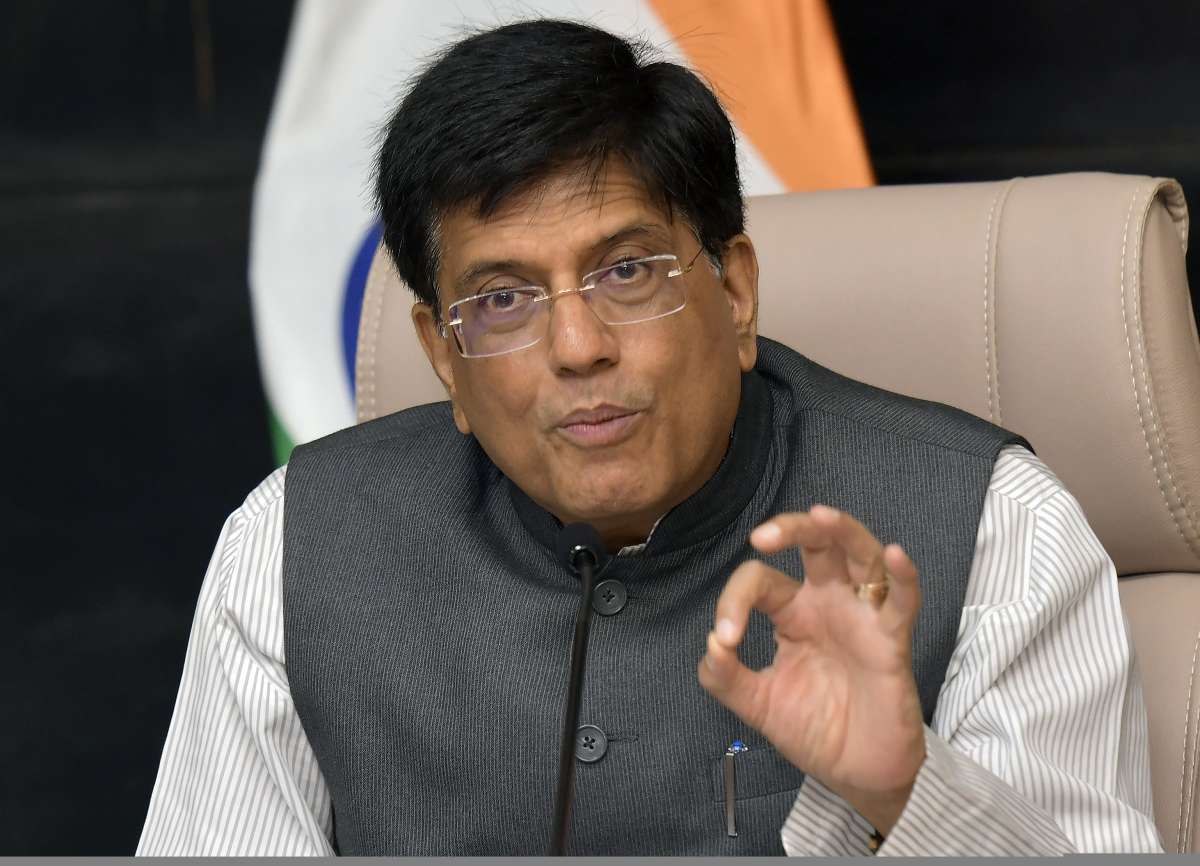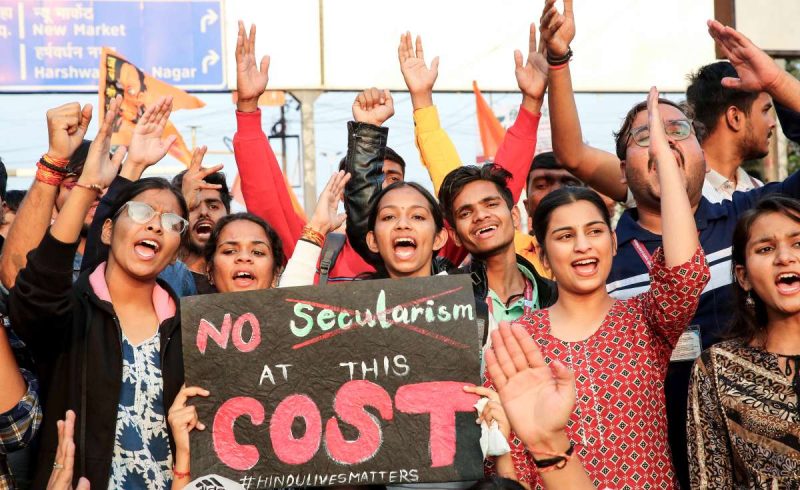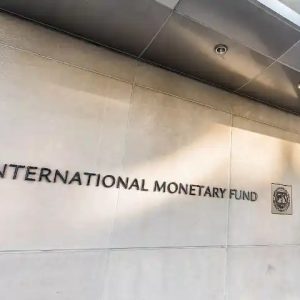Economists attribute particular importance to core inflation, precisely because it is supposed to strip out volatility…reports Asian Lite News
Core inflation in the UK has begun to fall in the past two months, according to an official estimate based on a more sophisticated statistical analysis than used in the standard approach.
In an article published on Monday, the Office for National Statistics said that when it looked at the common elements of inflation that existed across all the prices it measured, it found the underlying annual rate had dropped to 6.8 per cent in July, down from 7 per cent the previous month and 7.3 per cent in May.
By contrast, last week’s official inflation data showed that in July the standard core measure was unexpectedly stuck at June’s level of 6.9 per cent. It had previously fallen from 7.1 per cent in May. Inflation in services, often quoted by the Bank of England as the best gauge of domestic price pressures, was 7.4 per cent in May and in July with a small dip in June.
The research will give both the BoE and the government hope that inflation figures will not spring nasty surprises through the rest of this year.
Economists attribute particular importance to core inflation, precisely because it is supposed to strip out volatility.
But, unlike the normal approach for calculating core inflation, which simply excludes food, energy and alcoholic drinks from the overall measure, the new ONS methodology works out what it called the “common trend component” that shows the rate of price rises across all goods and services.
It then seeks to minimise the gap between this common component and the measured inflation for each item — a disparity it labels the volatile component.
Some prices, such as petrol, diesel, gas and electricity, tend to move independently from other goods and services, so have a high volatile component and low common component. Electrical goods, which have decreased in price over many decades, are equally seen to be poor predictors of underlying inflationary pressures.
The ONS said the research suggested that restaurant prices have been far the best indicator of overall underlying inflation because they changed at the same time as the prices of most other goods and services either rose or fell.
It argues that the prices in establishments such as McDonald’s, PizzaExpress and Nando’s have been “a good measure of the underlying trend in consumer prices inflation in the UK economy”.
The ONS suggests this trend resulted from restaurants reflecting rent, energy, food and labour costs, “so price movements often reflect the same broad shocks that impact the majority of items in the index”.
But the value of restaurant prices in reflecting overall inflationary trends has decreased since the pandemic, with prices rising faster than other goods and services.
In the latest official figures, annual price rises for restaurants and cafés stood at 9 per cent in July, falling from 9.1 per cent in June and down from a peak inflation rate of 11.4 per cent in February.
Month-on-month, prices in the sector rose 0.5 per cent in July, suggesting the underlying annual rate of restaurant inflation was 6.2 per cent, still three times the BoE’s 2 per cent inflation target.
ALSO READ-UK inflation falls sharply to 6.8% as cost of living pressures ease


